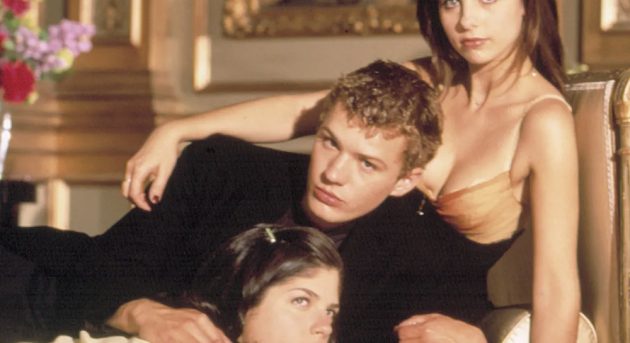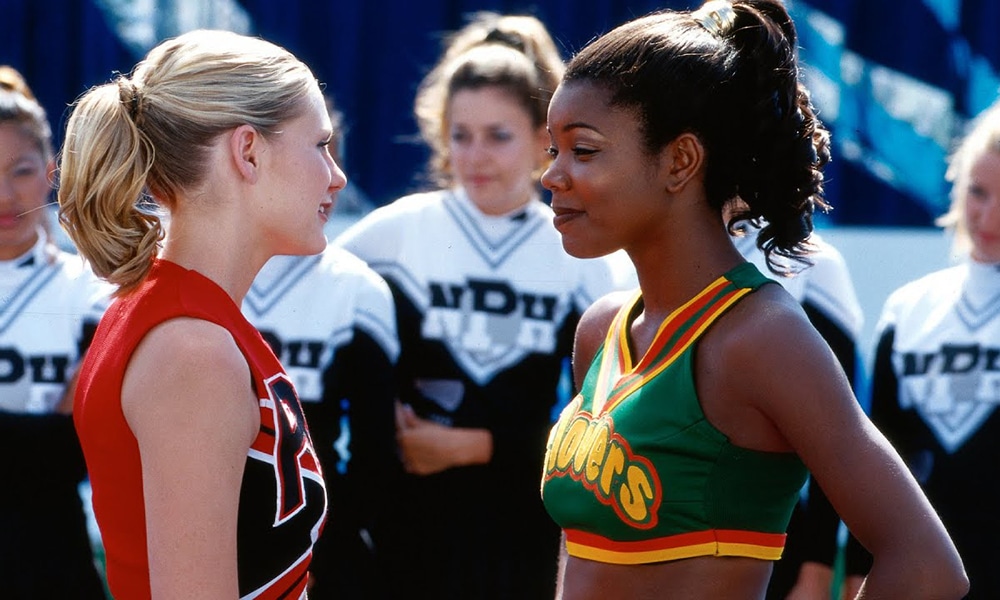Is Millennial Nostalgia Diluting the Essence of Musicals?
In the ever-evolving landscape of theatre, a new trend has emerged, one that is both commercially tantalising and artistically questionable: the adaptation of beloved millennial-era movies into stage musicals. This resurgence, fueled by a potent mix of nostalgia and marketability, raises the central question: Is millennial nostalgia ruining the integrity of musicals?
The recent trend is evident in productions like ‘Mean Girls,’ ‘Cruel Intentions,’ and ‘Clueless,’ which have transitioned from screen to stage. The adaptations have a dual appeal: they lure original fans, now with disposable income, and attract a younger audience that discovers these narratives through a modern lens. While the commercial viability of these ventures is apparent, their artistic merit is under scrutiny.
Critics argue that this wave of adaptations often fails to capture the original essence of the source material. The addition of songs to narratives that didn’t originally require them can feel forced, detracting from the original’s charm. Reviews for these musicals often lament the awkward insertion of songs, suggesting a dissonance between the storytelling mediums.
The trend isn’t limited to adaptations but extends to remakes and reboots of classic films, with added contemporary elements like smartphones and modern slang. The question arises: do these updates enhance the story, or are they merely superficial additions catering to a contemporary audience?
Moreover, this nostalgia-driven movement may be stifling originality in musical theatre. With so many productions relying on familiar stories and characters, new and innovative works struggle to find space and funding. This trend could lead to a homogenized theatre scene, where the safe bet trumps the creative risk.
Yet, there’s an argument for the emotional resonance these adaptations can bring. Musicals, by their very nature, are expressions of heightened emotion, and what better way to explore the intense feelings of adolescence than through song? The reimagining of these stories on stage might offer deeper insights into characters we thought we knew, adding layers to the teenage experience depicted in these films.
The dichotomy is stark – on one side, the potential for artistic depth and emotional resonance; on the other, the risk of commercializing nostalgia at the cost of originality. As the trend continues, the theatre community and its audience must grapple with these questions: Are we enriching the legacy of these beloved stories, or are we indulging in a nostalgia that borders on creative stagnation? Is the transformation of these iconic films into musicals a tribute to their enduring impact, or a symptom of a culture reluctant to let go of the past and embrace the new?
As we witness more of our favorite millennial movies take the stage, these questions become increasingly significant, shaping the future of musical theatre and its relationship with nostalgia.





